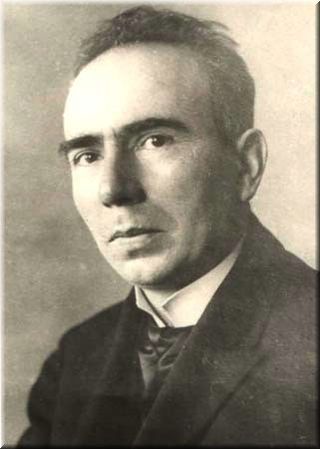
Vasile Pârvan was a Romanian historian and archaeologist.
Leon Levițchi was a Romanian philologist and translator who specialised in the study of the English language and literature.
Liviu Constantinescu was a Romanian geophysicist, professor of geophysics, member of the Romanian Academy. He was the cofounder, together with Sabba S. Ștefănescu, of the Romanian school of geophysics.
Cristache Gheorghiu is a Romanian writer, painter, mechanical engineer and computer scientist.
Camil Bujor Mureşanu was a Romanian historian, professor and author.

Laura Pavel is a Romanian essayist and literary critic.

Raluca Ripan was a Romanian chemist, and a titular member of the Romanian Academy. She wrote many treatises, especially in the field of analytical chemistry.

Irina Petraș is a Romanian writer, literary critic, essayist, translator and editor.
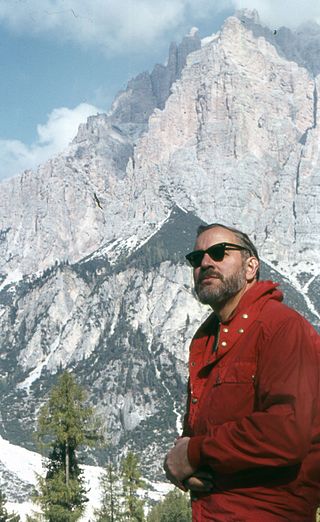
Marcian David (Matty) Bleahu was a Romanian geologist, speleologist, geographer, alpinist, explorer, writer and politician. He is well known for his scientific contributions to the development of the theories of global tectonics, for his pioneering in speleology and for the development of this science, but also for the popularization of science and of ecology in Romania.
The Socialist Workers Party of Romania, later renamed the Independent Socialist Party of Romania, was a political party in Romania. The party was founded in Bucharest on 15 July 1928, as a leftist splinter group of the Social Democratic Party, formed by a minority that opposed the cooperation with the National Peasants' Party.
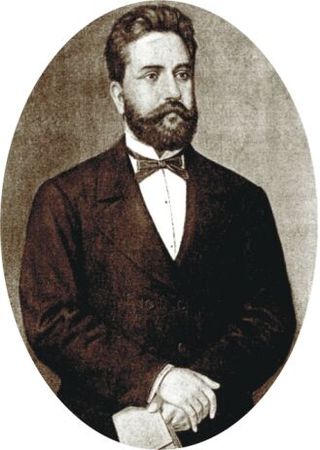
Ioan G. Meșotă was an Austro-Hungarian ethnic Romanian educator.

Victor Spinei is Emeritus Professor of history and archaeology at the Alexandru Ioan Cuza University, member and vice president of the Romanian Academy. He is a specialist on the history of Romania and the Romanian people in the Early and High Middle Ages, the history of migratory peoples in Eastern and Southeastern Europe during this period, and the production and circulation of cult objects in Eastern and Southeastern Europe during the Middle Ages.
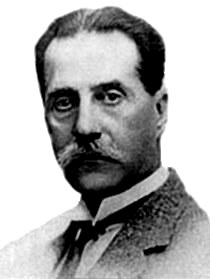
Gheorghe Balș was a Romanian engineer, architect and art historian.

Mihail C. Suțu, also known as Michel C. Soutzo or Soutzos, was a Romanian historian, numismatist and central banker.

Alexandru I. Lapedatu was Cults and Arts and State minister of Romania, President of the Senate of Romania, member of the Romanian Academy, its president and general secretary.
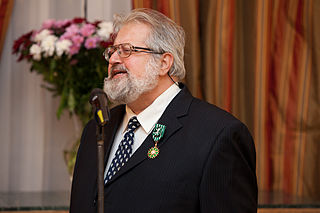
Andrei-Nicolae Pippidi is a Romanian historian and professor emeritus at the University of Bucharest. He specialised in South-Eastern European history of the 15th–19th century, in Romanian history of the Middle Ages and the Early Modern Period, and in the relationship between South-Eastern Europe and the Occident.
The foreign policy of Romania in the years preceding the outbreak of World War I was characterized by the nation's need to contend with the rise and shifting rivalries of the Great Powers of the pre-war era. Its primary objectives were to maintain its territorial integrity and maintain friendly relations with neighboring nations. This culminated in Romania secretly joining the Triple Alliance in 1883. However, the nation would later reverse course, declaring neutrality for the first two years of the war before entering on the side of the Triple Entente in 1916.

Mihai Viteazul National College is a high school located at 111 Dr. Ioan Rațiu Street, Turda, Romania.
Vasile Tonoiu was a Romanian philosopher and professor of philosophy at the Faculty of Philosophy of the University of Bucharest and member of the Romanian Academy since 2003.











